Frequently Asked Questions
1. What is a pocket knife?
2. What is Damascus Steel?
3. How should I clean my pocket knife?
4. How can I properly maintain my Damascus Steel knife?
5. What can I do if my knife develops rust?
Owning a pocket knife is more than just having a handy tool at your disposal; it's about preserving the artistry, functionality, and history of the blade. Among the many types of knives available today, those made from Damascus Steel stand out for their durability and aesthetics. However, to ensure your knife remains a reliable companion through various tasks, it requires regular maintenance. In this guide, we will cover essential tips on pocket knife maintenance to enhance longevity, focusing particularly on Damascus Steel knives.
Understanding Pocket Knives
A pocket knife is a versatile tool that can serve multiple functions—from cutting rope to preparing food. The popularity of pocket knives can largely be attributed to their portability and ease of use. These tools are often categorized by their blade materials, and Damascus Steel is favored for its remarkable properties, including not only visual beauty but also exceptional strength.
What is Damascus Steel?
Damascus Steel refers to a type of steel that has been traditionally forged using a specific technique that involves layering different types of steel together. This results in a unique pattern on the blade that not only looks stunning but also contributes to the knife’s overall performance. The combination of two or more metals lends the blade superior hardness while maintaining a certain ductility, making it an excellent choice for pocket knives.
Basic Pocket Knife Maintenance Tips
To ensure your pocket knife retains its sharpness and functionality, you must incorporate regular maintenance as part of your routine. Below are some effective tips that every pocket knife owner should know.
1. Regular Cleaning
Cleaning your pocket knife after each use is crucial. Materials like dirt, sap, and moisture can cause corrosion and degrade the edge of the blade over time, especially for Damascus Steel knives. Follow these steps for effective cleaning:
- Wash and Dry: Use warm soapy water to wash off any residues. A soft cloth will suffice for drying the knife completely.
- Avoid Dishwashers: Never put your knife in the dishwasher, as the high temperatures and detergents can damage the steel.
- Use Lubricants: Apply a food-safe lubricant to the pivot points to ensure smooth operation.
2. Proper Sharpening Techniques
Keeping your blade sharp is essential for the performance of your pocket knife. The type of sharpening method you choose can vary, but when dealing with Damascus Steel, it’s advised to utilize the following methods:
- Whetstone: Japanese water stones or diamond stones are excellent for sharpening Damascus Steel. Use a moderate angle, typically between 15-20 degrees.
- Stropping: Utilize a leather strop to refine the edge and remove any burrs after sharpening on a stone.
- Angle Guides: Consider using angle guides to maintain consistent sharpening angles.
3. Avoid Extreme Conditions
The longevity of your pocket knife can be significantly affected by environmental factors. Here are some tips to consider:
- Temperature Extremes: Avoid exposing your knife to extreme heat or cold, as this can affect the temper of the blade.
- Humidity: Store your knife in a dry place. Excess humidity can accelerate rust, especially on Damascus Steel.
- Shock Exposure: Treat your knife gently. Dropping or using it to pry can misalign the blade and affect function.
The Importance of Oiling
An often overlooked aspect of pocket knife maintenance involves oiling. Proper lubrication can significantly influence your knife’s lifespan and functionality.
Choosing the Right Oil
When maintaining your knife, opt for mineral oil or a designated knife oil designed for metal. These oils provide satisfactory protection without harmful effects. Regularly applying oil to your Damascus Steel knife can help form a protective barrier against rust and corrosion.
How to Oil Your Knife
Follow these simple steps for effective oiling:
- Clean First: Always clean your knife before applying oil to ensure no contaminants interfere with the oil's effectiveness.
- Apply Sparingly: Use a few drops of oil on the blade and pivot points, and then spread the oil evenly with a soft cloth.
- Wipe Excess: After oiling, remove any access oil to prevent it from attracting dirt.
Handling and Storage Best Practices
How you handle and store your pocket knife contributes significantly to its longevity. Here are some essential practices to adopt:
1. Safe Handling
Adopting safe handling practices not only protects your knife but also ensures your safety. Always:
- Keep your fingers away from the blade when opening or closing.
- Use the knife for its intended purpose to avoid premature wear and damage.
2. Proper Storage Solutions
Storing your knife correctly is vital for maintaining its condition long-term. Here are some ideas for storage:
- Sheaths: Use a sheath made of leather or synthetic materials to protect the blade and edge.
- Knife Cases: Invest in a dedicated knife case or drawer organizer to maintain it's in perfect condition.
- Avoid Magnet Storage: Storing blade against a magnet can create unsafe situations by misaligning the blade.
Identifying and Fixing Common Issues
Even with proper maintenance, pocket knives may face issues that require attention. Understanding these problems can help you address maintenance gaps.
Rust Development
Damascus Steel is prone to rust if not properly maintained. Small rust spots can often be removed with fine-grade steel wool or rust erasers. For more severe rust, consider using a rust remover before reapplying oil to the blade.
Blade Misalignment
If your blade feels loose or wobbly, it may need to be tightened. This can usually be done by adjusting the pivot screw. Always ensure you have the right tools for the job and do not overtighten as this can lead to operational issues.
Lock Mechanism Issues
If your knife has a locking mechanism that is difficult to operate, lubrication may help. Apply some knife oil to the catch mechanism and pivot points, and work it in by opening and closing the knife several times.
Community and Resources
Joining knife enthusiast communities or forums can be beneficial for learning more about knife care. Engaging with individuals who share the same passion can lead to new insights and tips. Check local workshops or events that focus on knife maintenance, where you can learn directly from experts.
Wrap-up with a Lasting Blade
Caring for your pocket knife doesn’t have to be complicated. By following these maintenance tips, particularly for Damascus Steel knives, you can ensure your tool stays effective, sharp, and visually stunning for years to come. Remember, a well-maintained knife is not just a functional tool; it embodies craftsmanship and character, showcasing the journey it has taken alongside you. So, invest a little time in proper upkeep, and enjoy the longevity that follows!






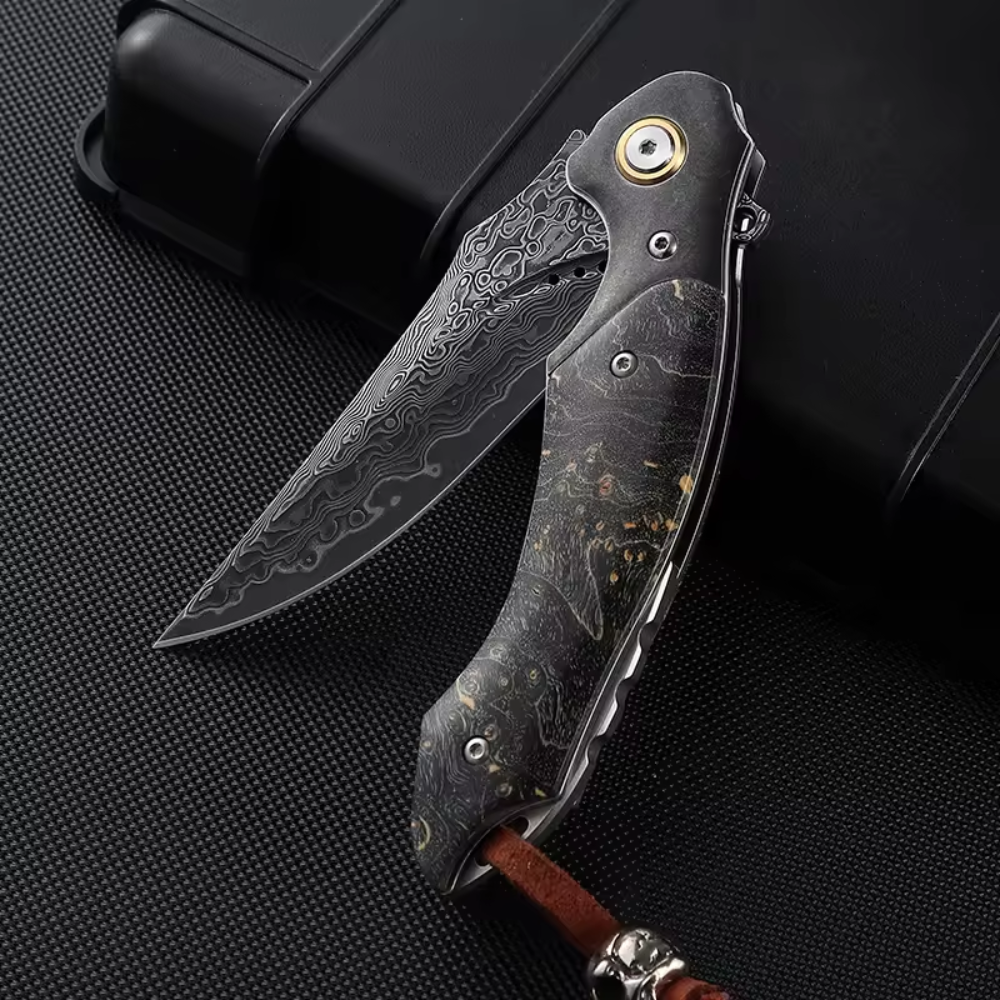
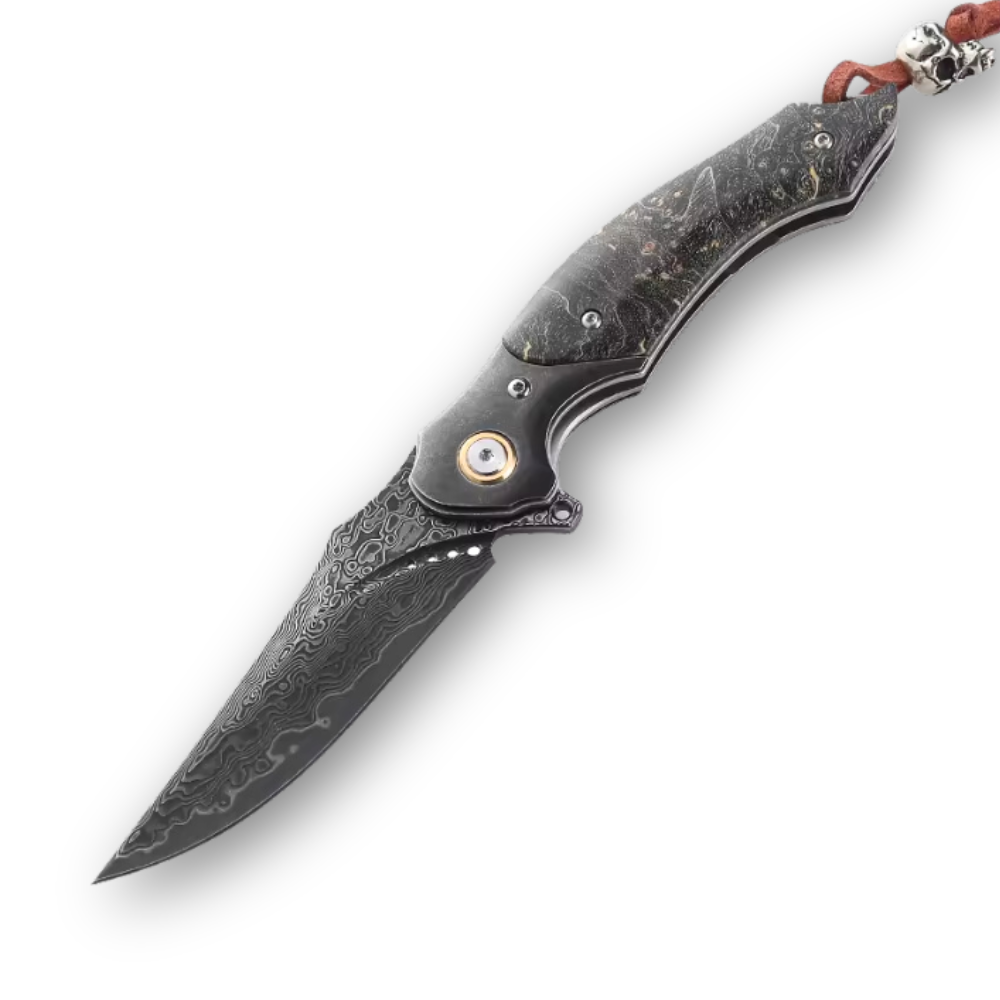
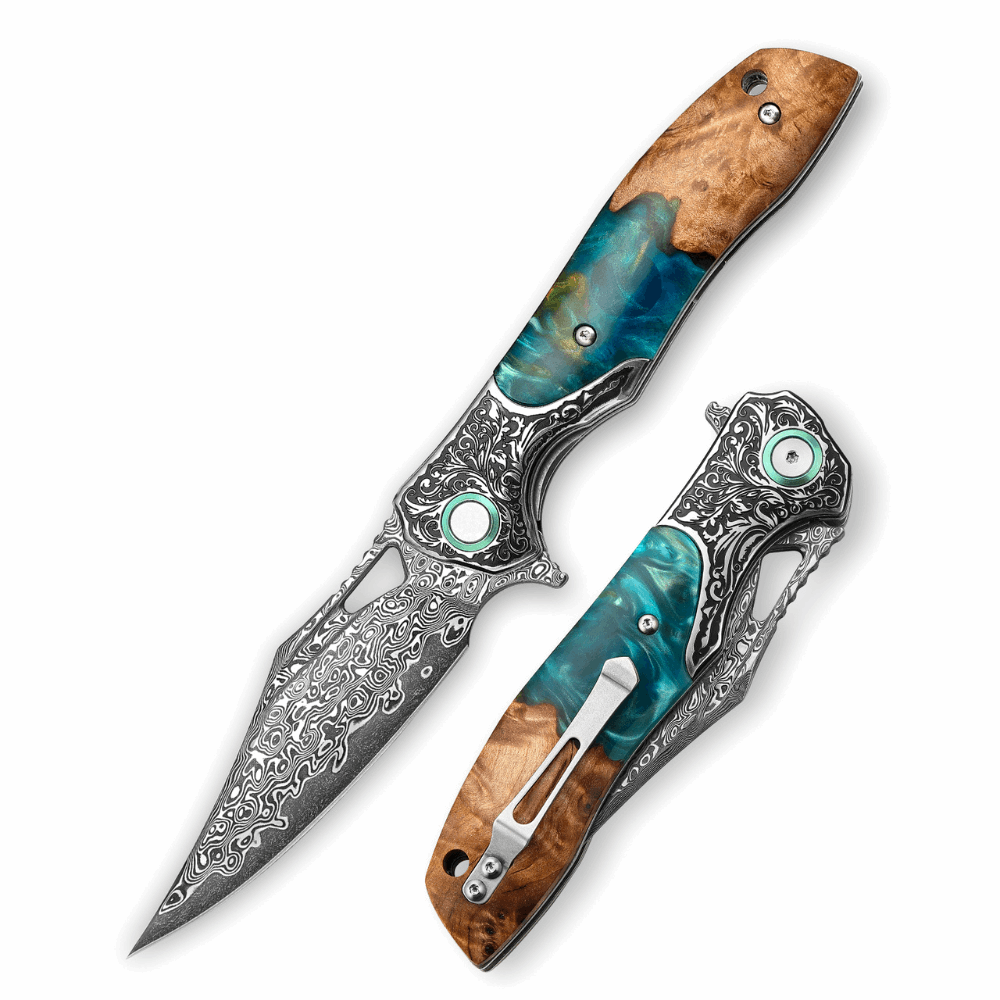
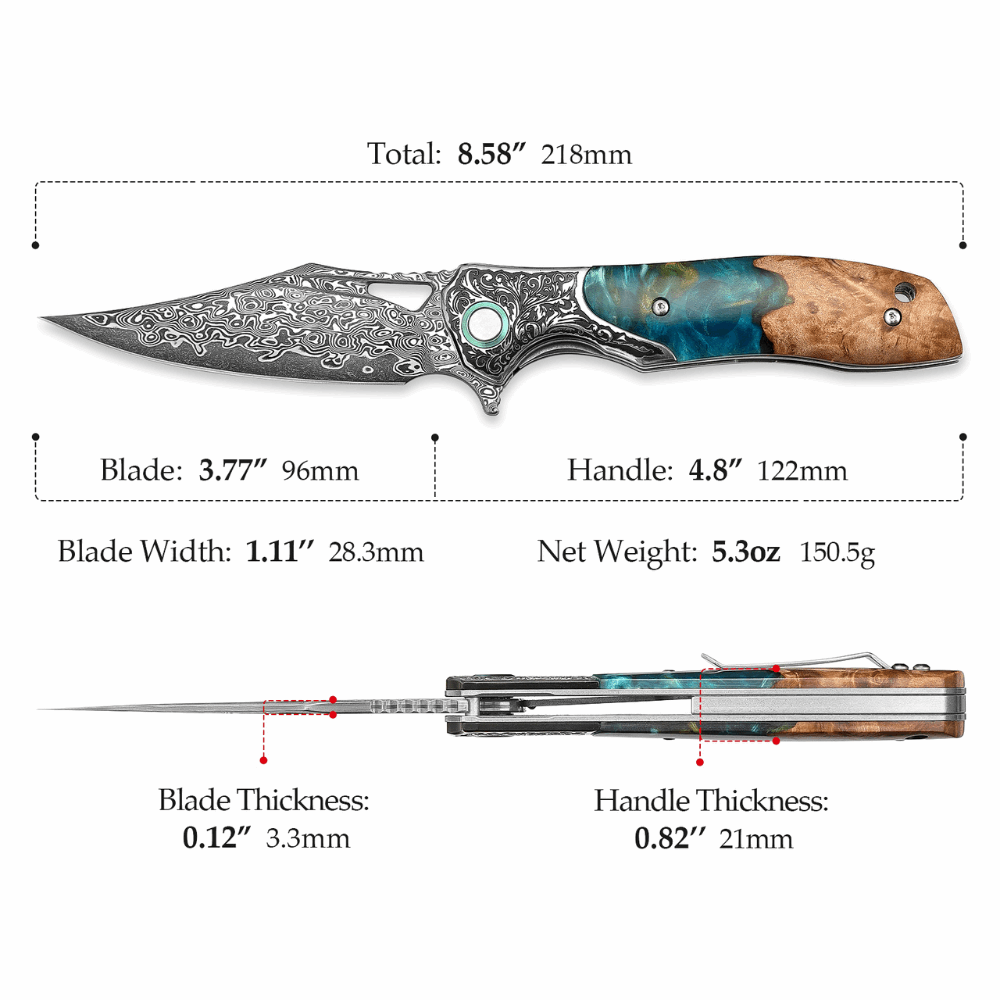
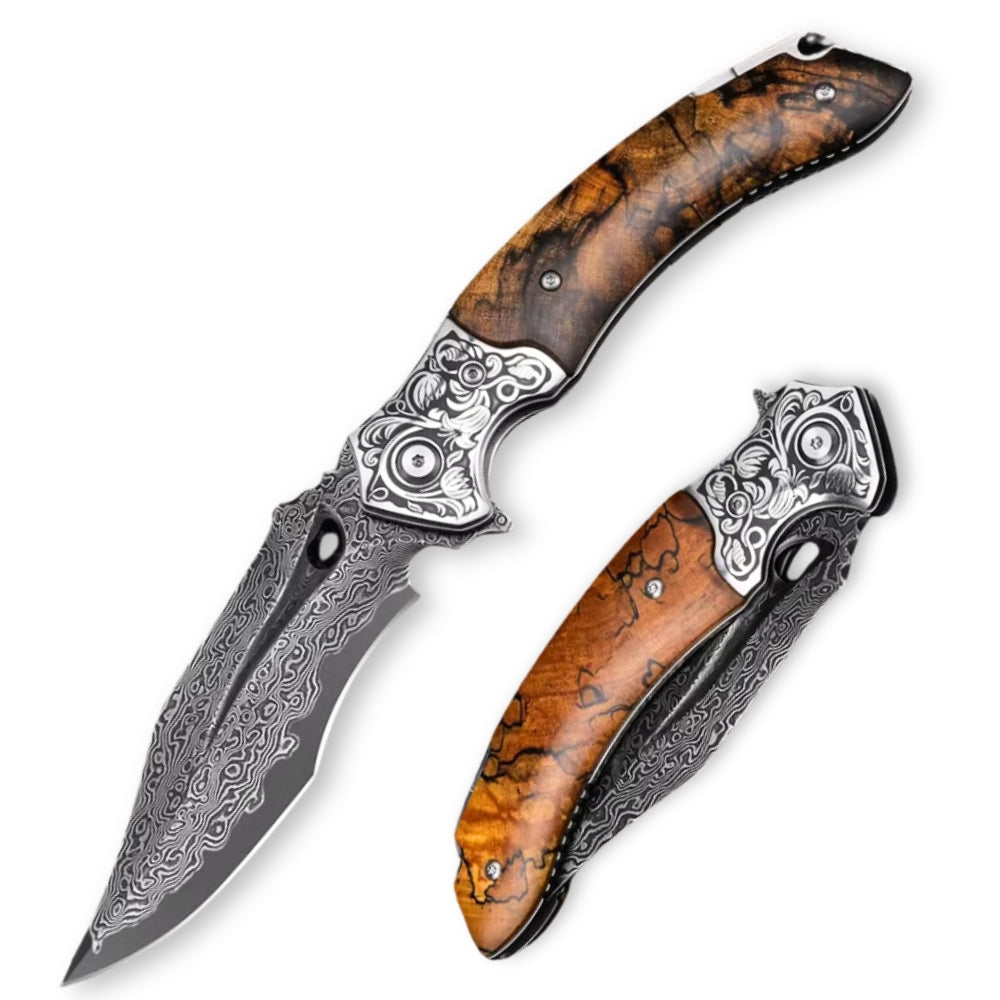
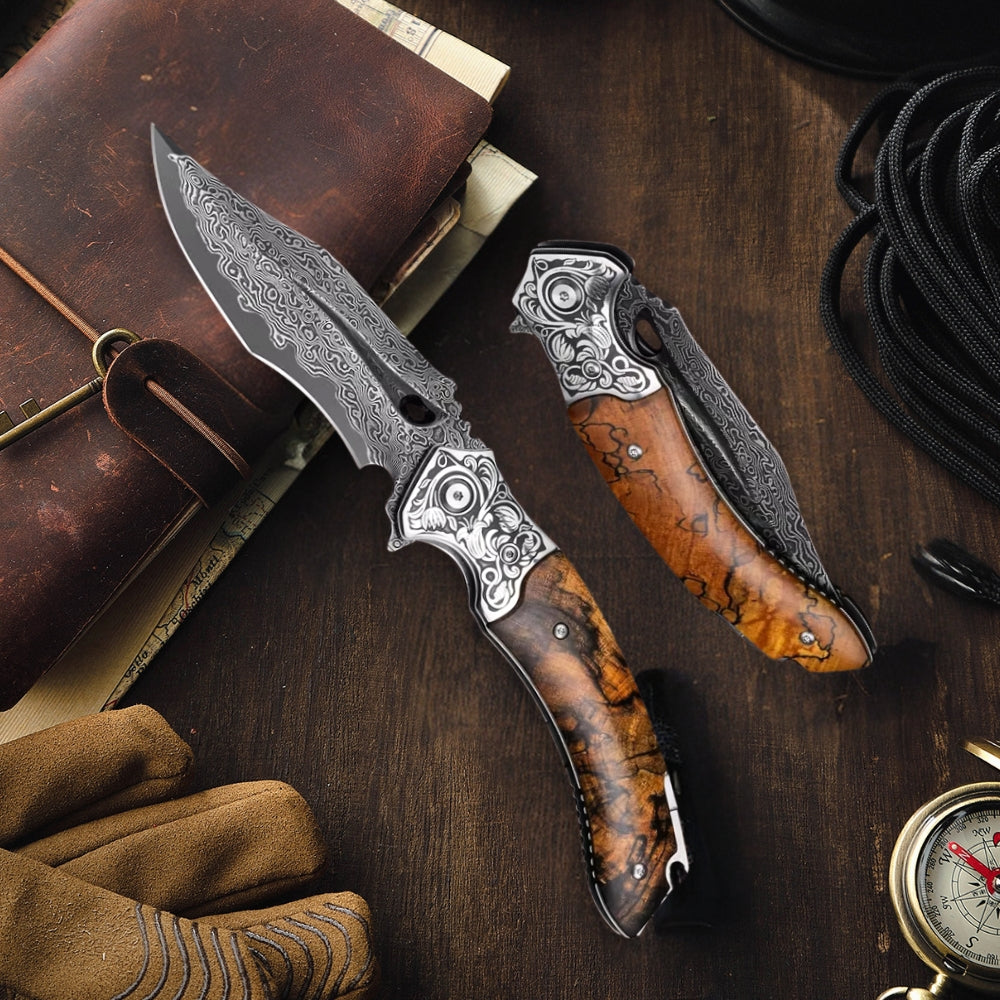
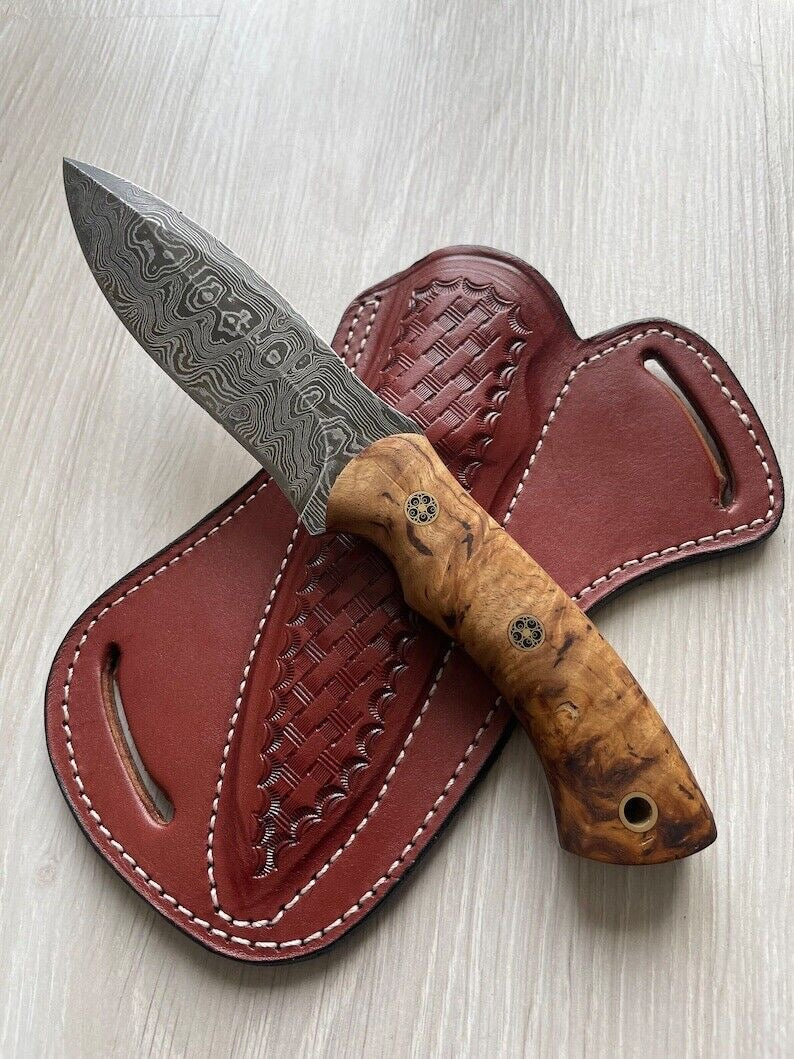
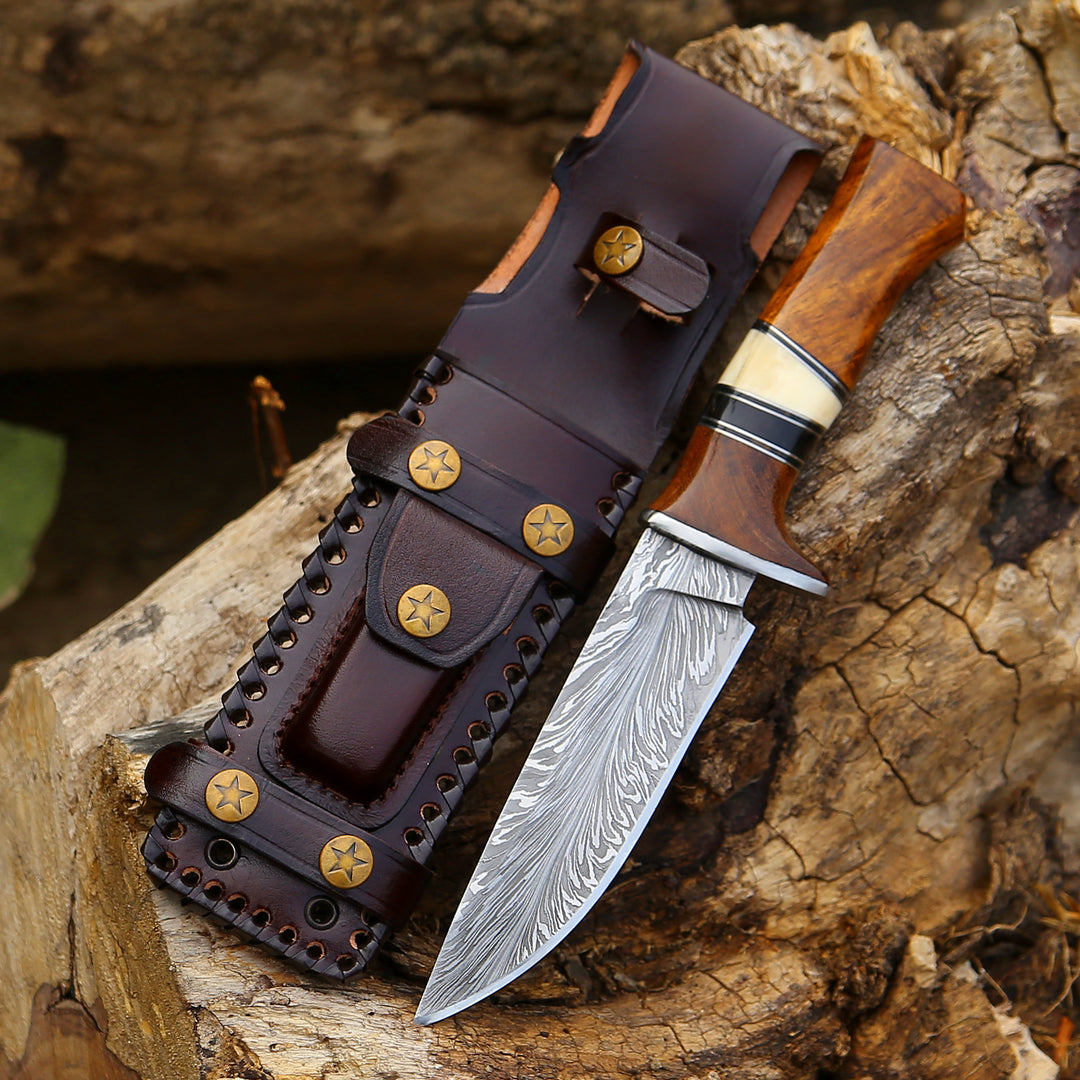

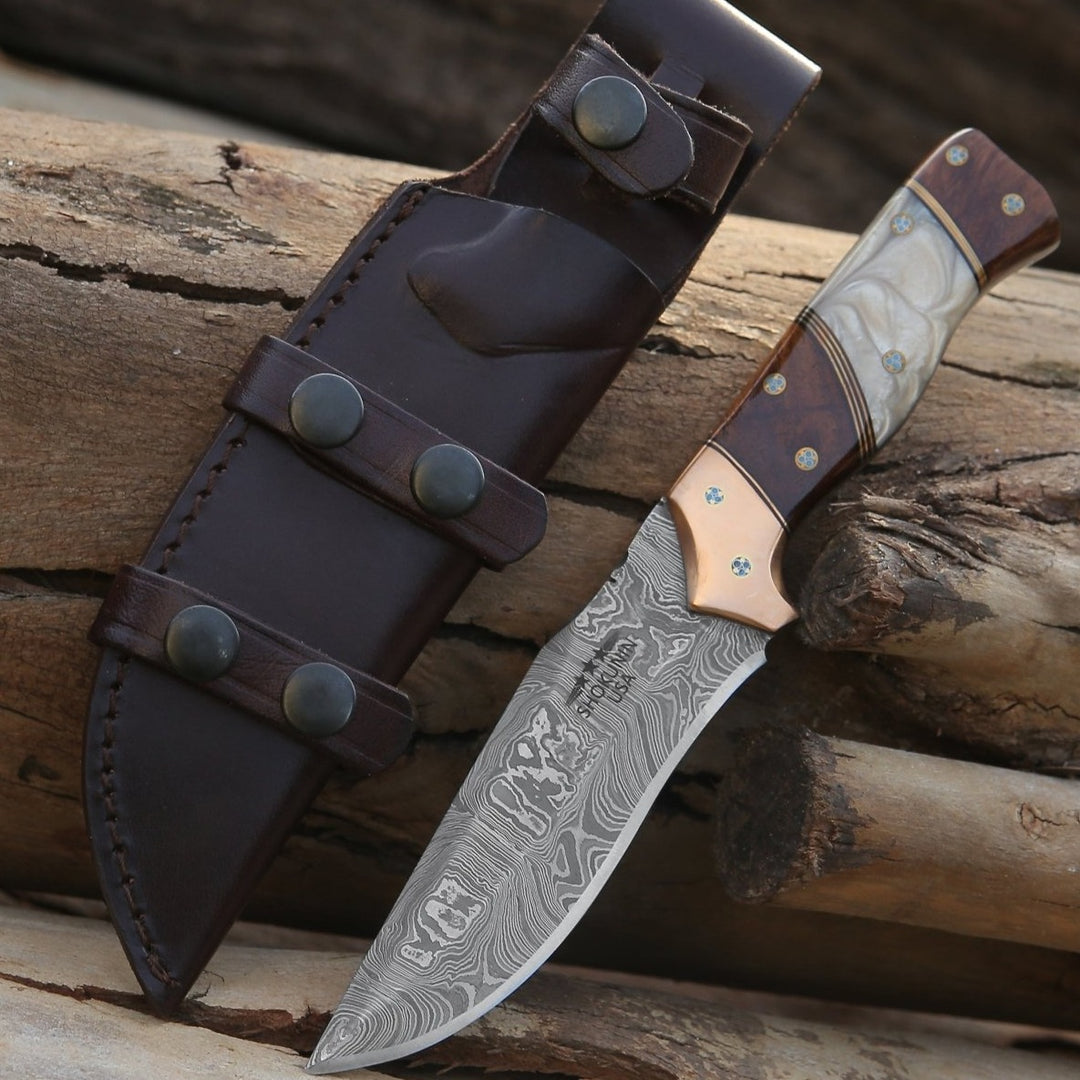
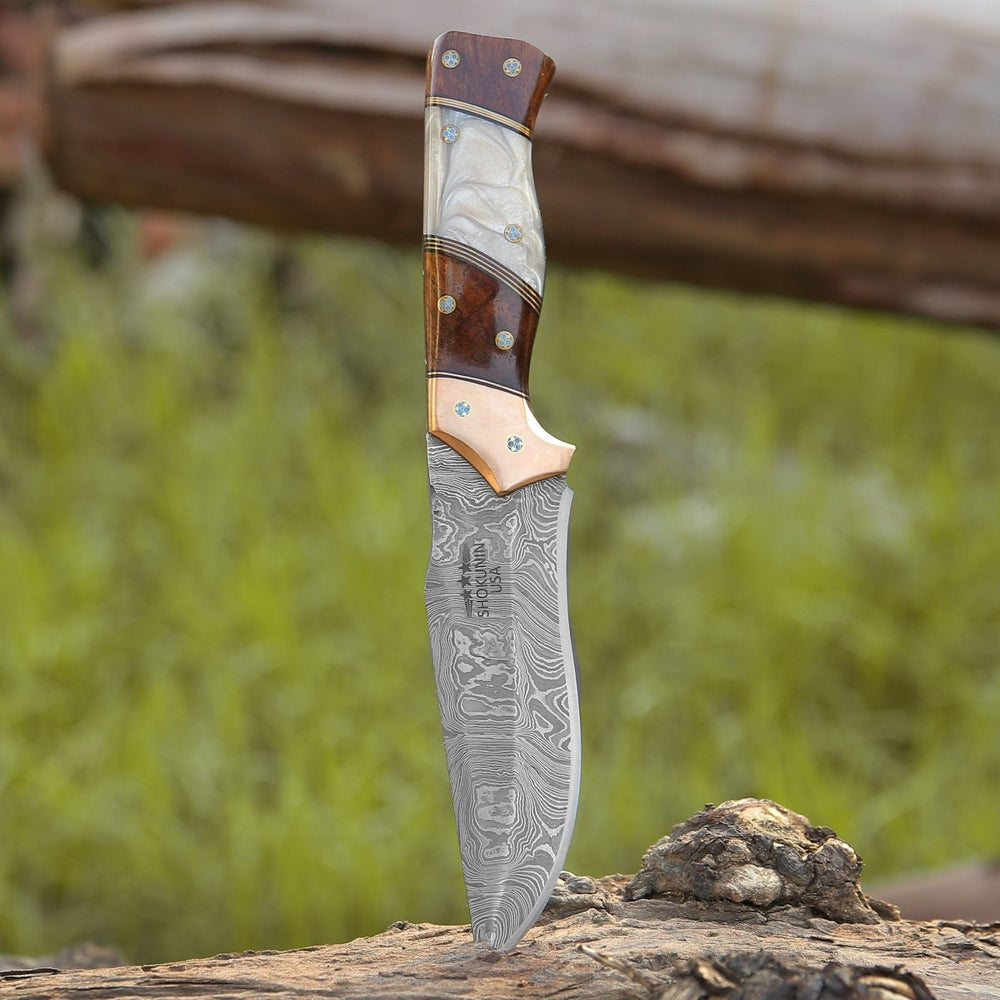

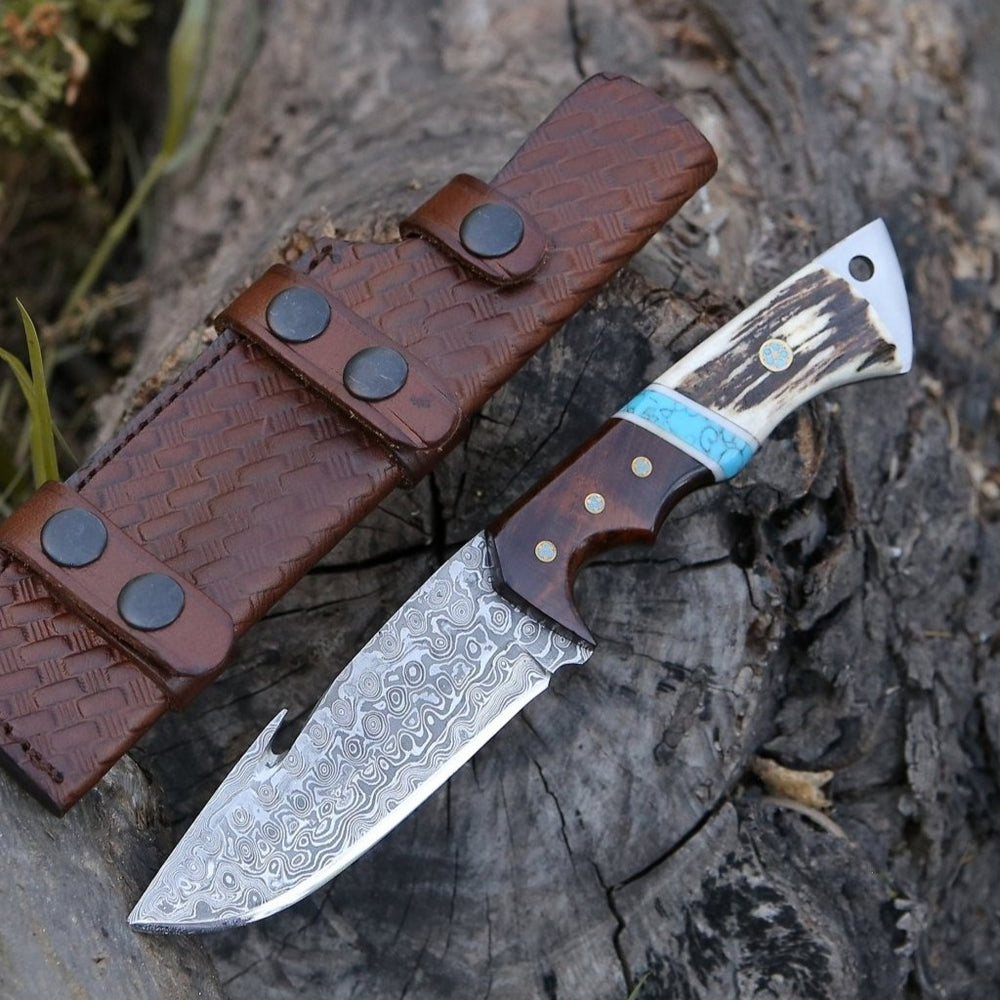
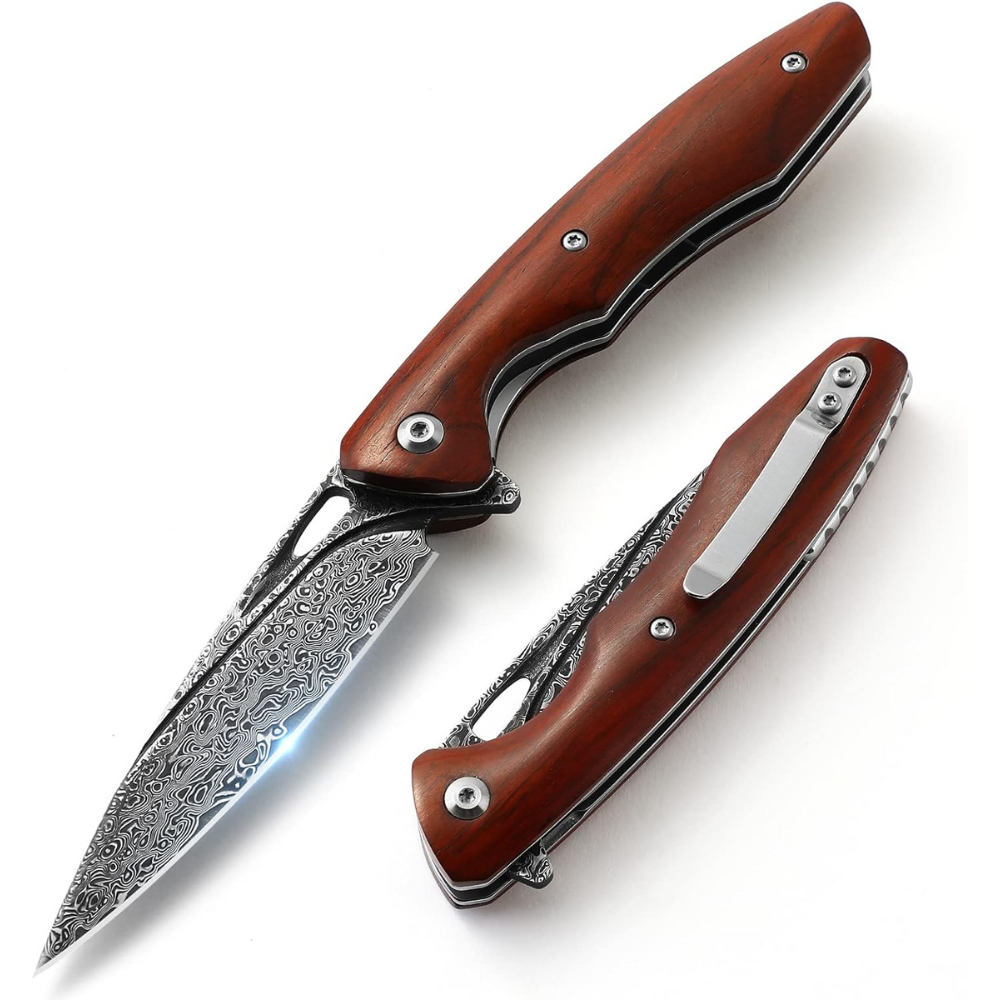
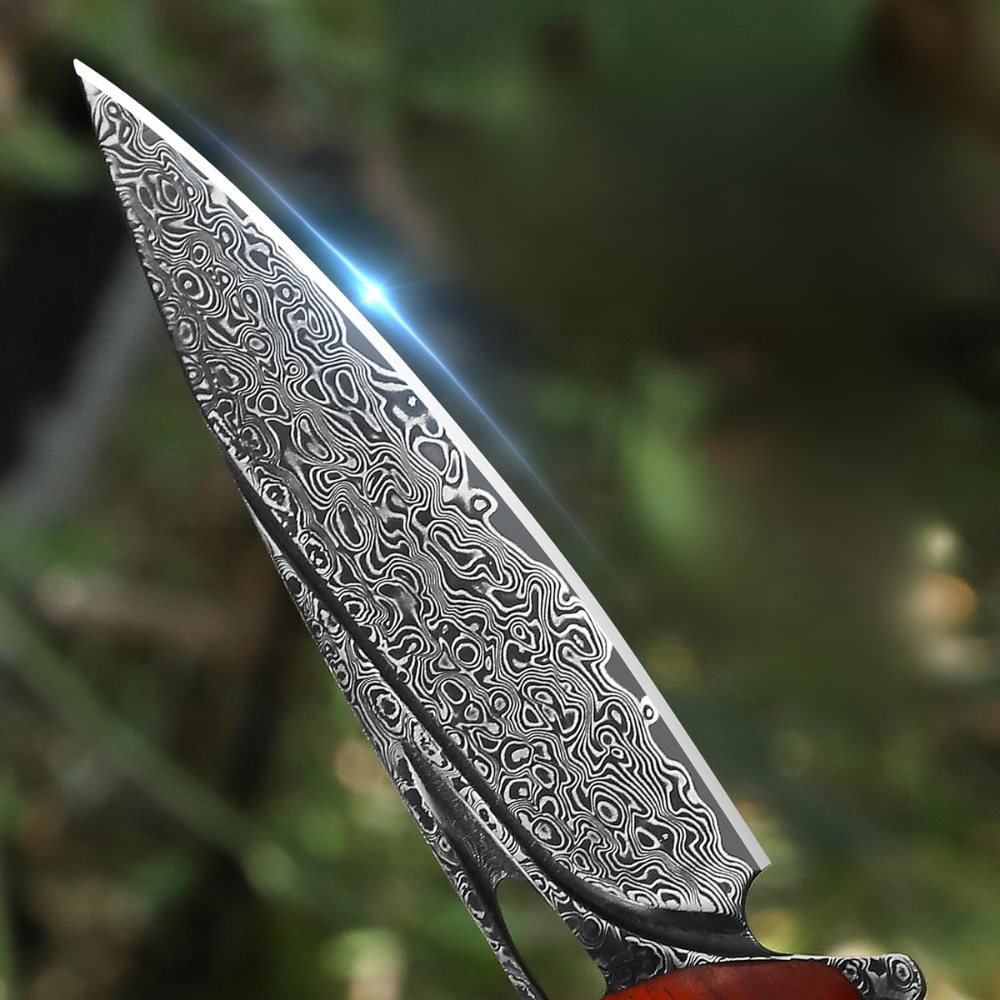
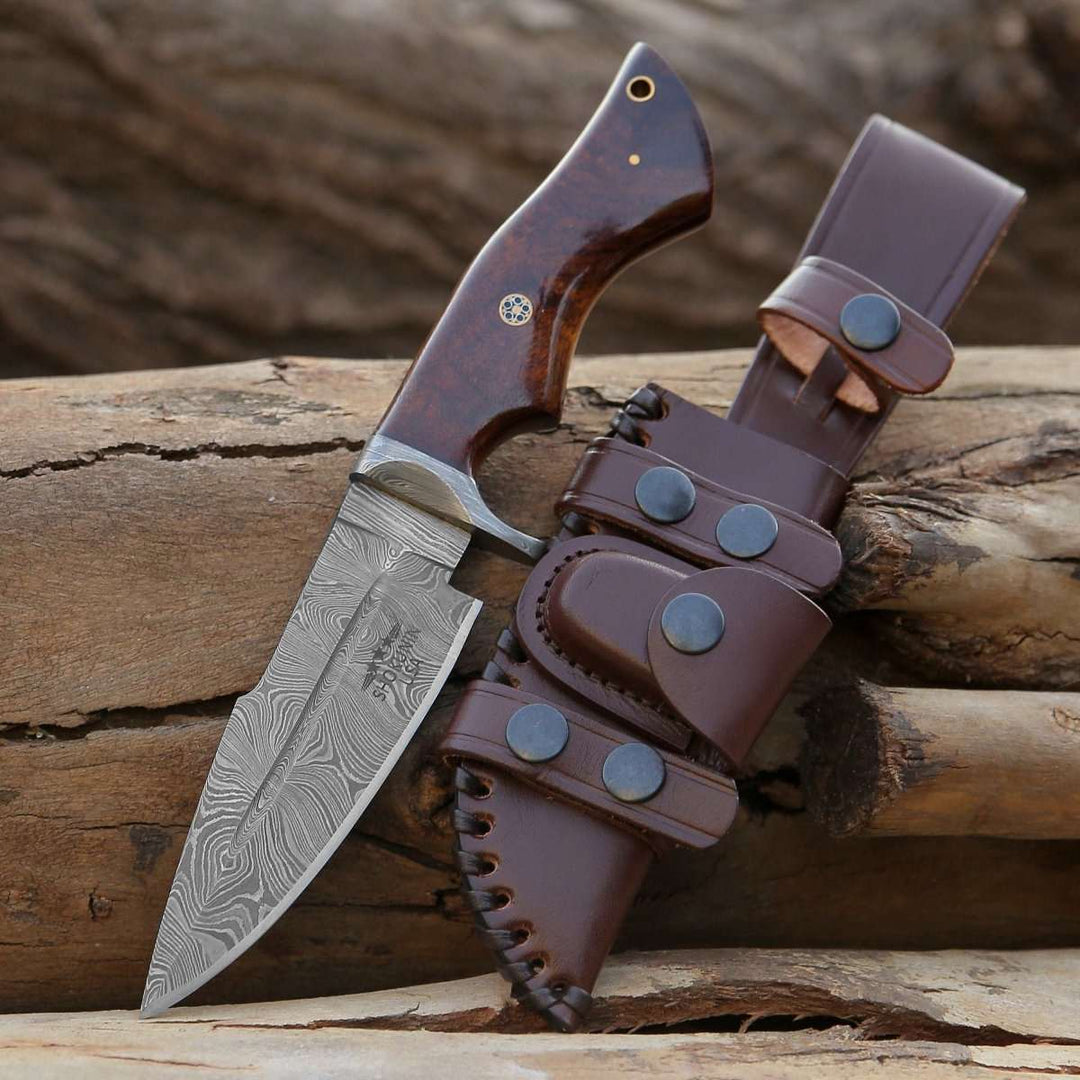
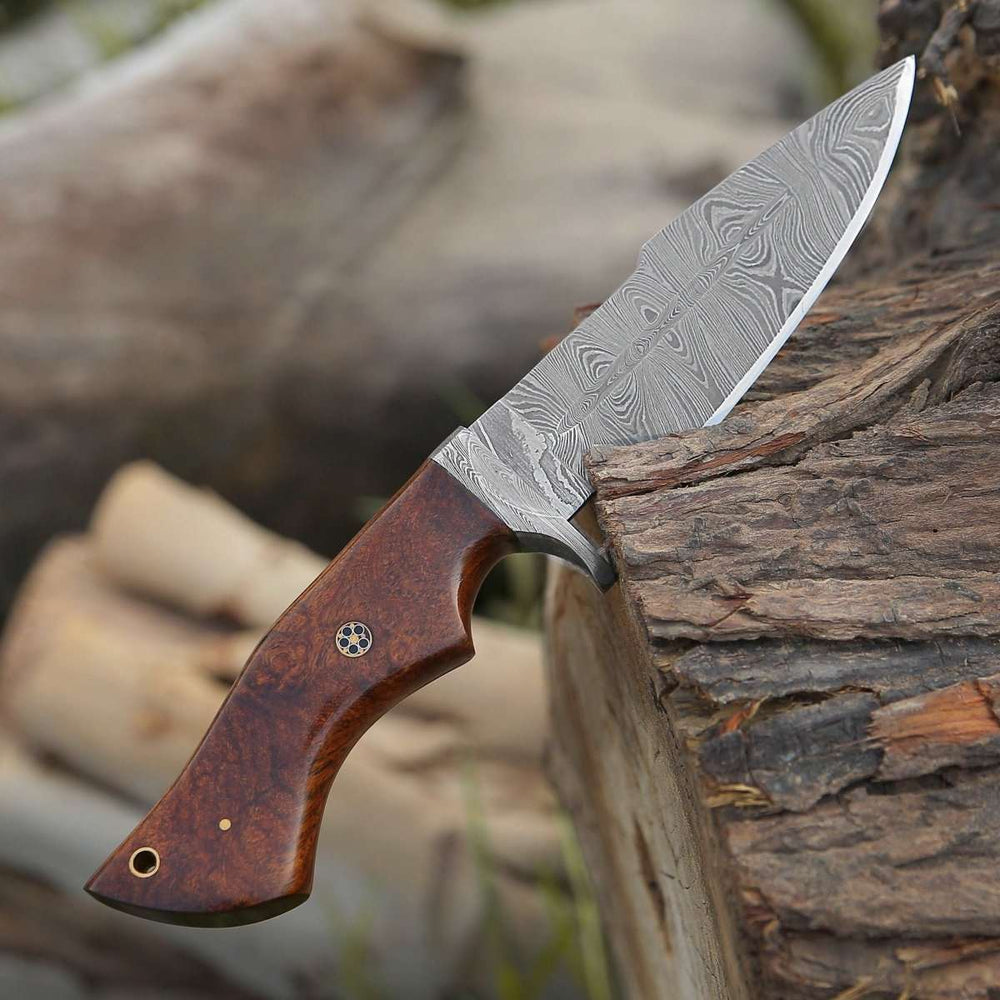
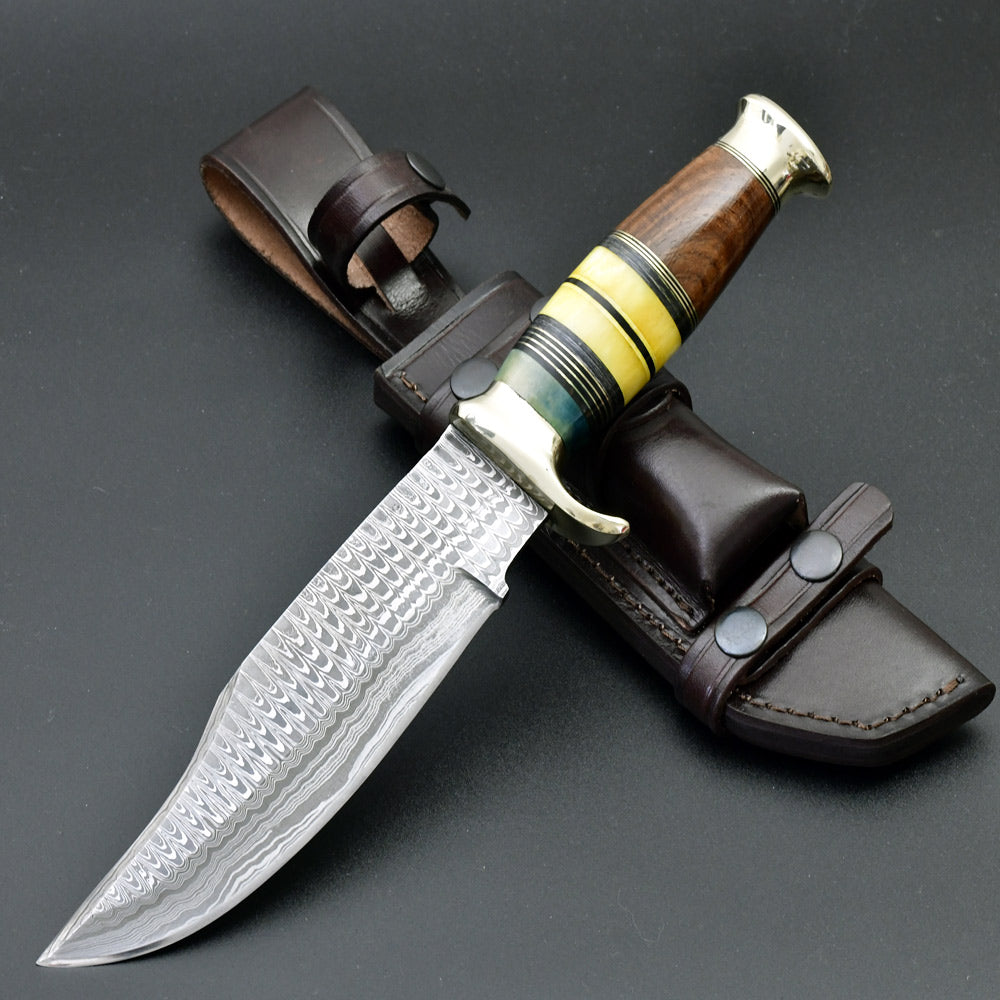
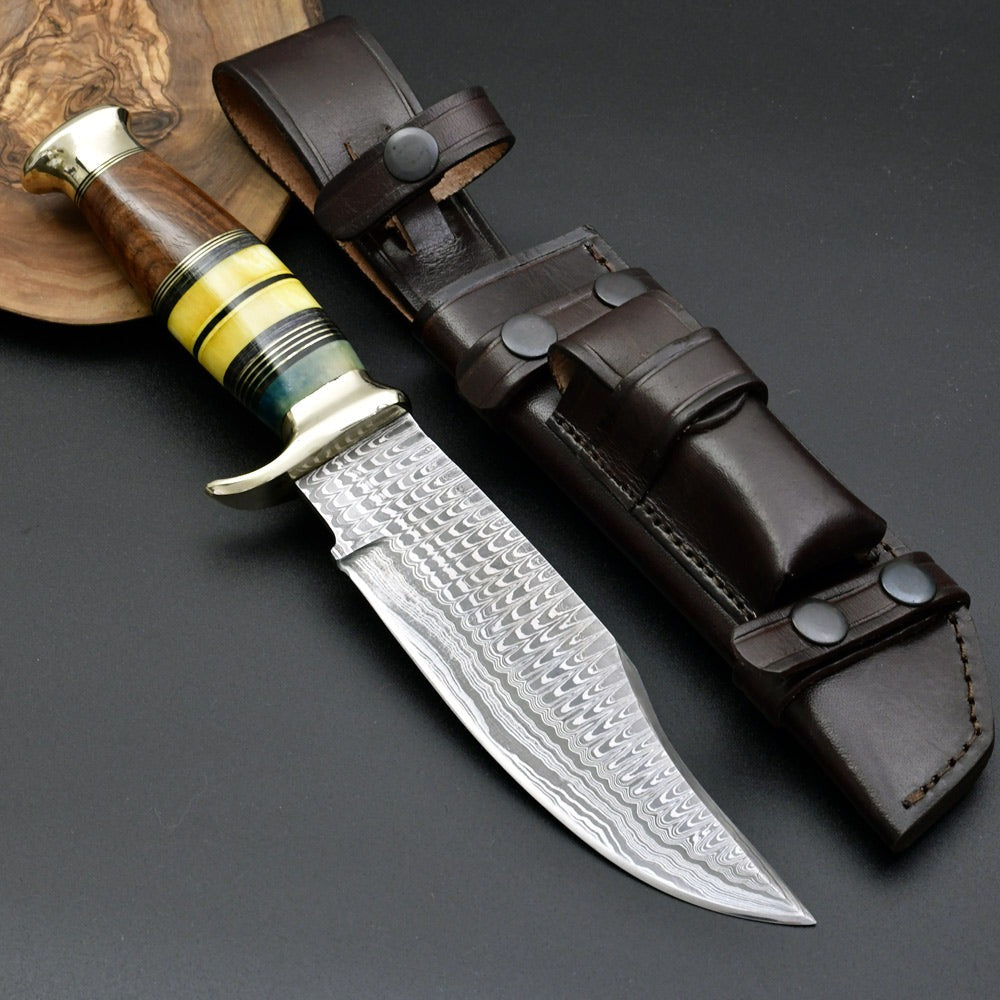
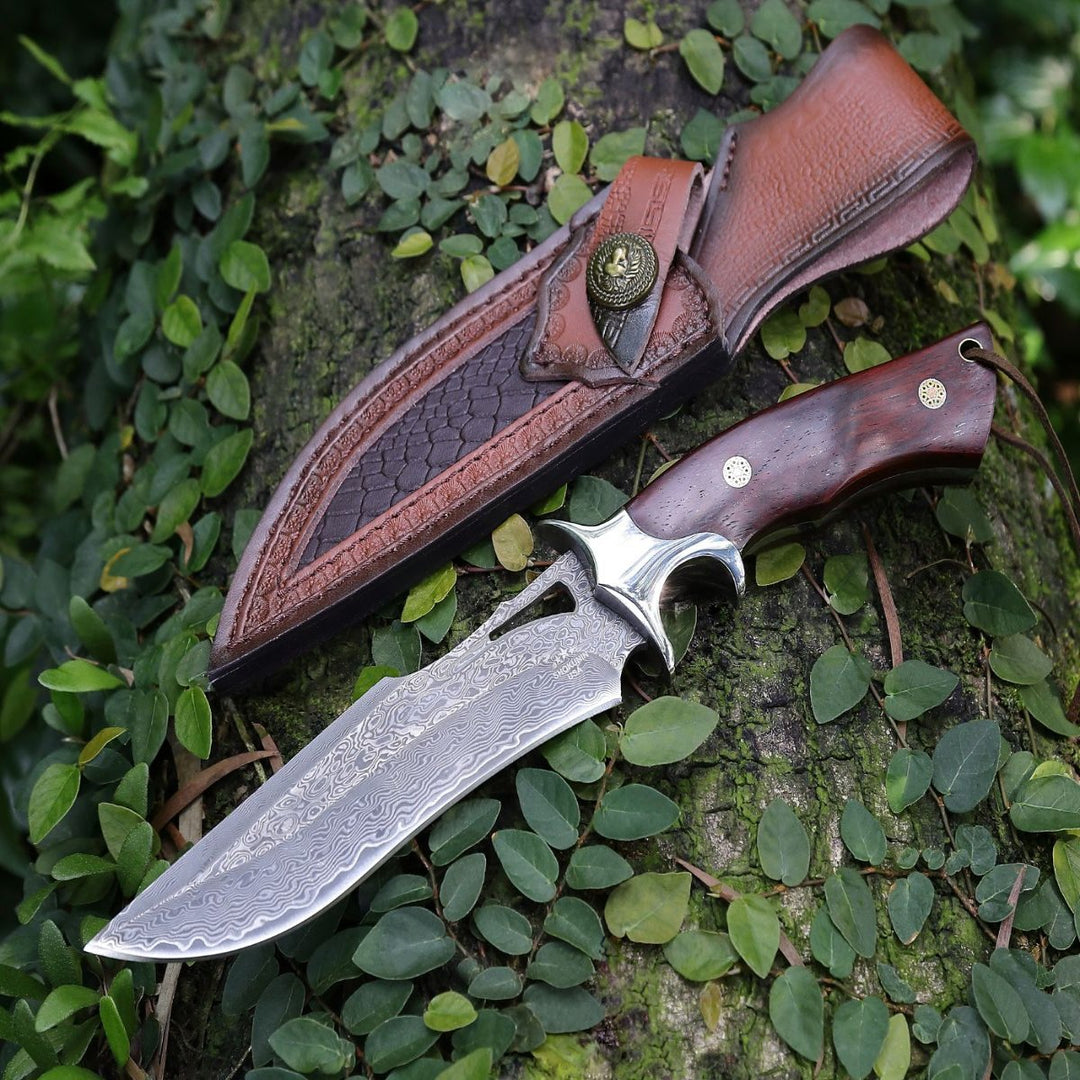
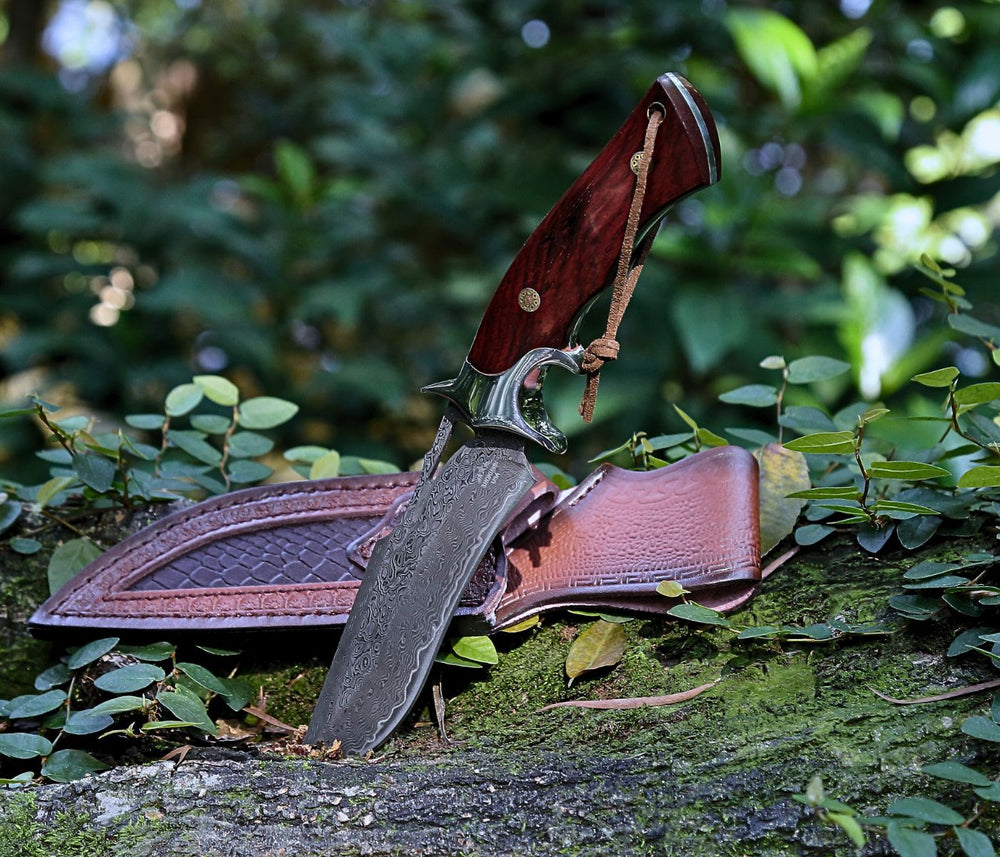
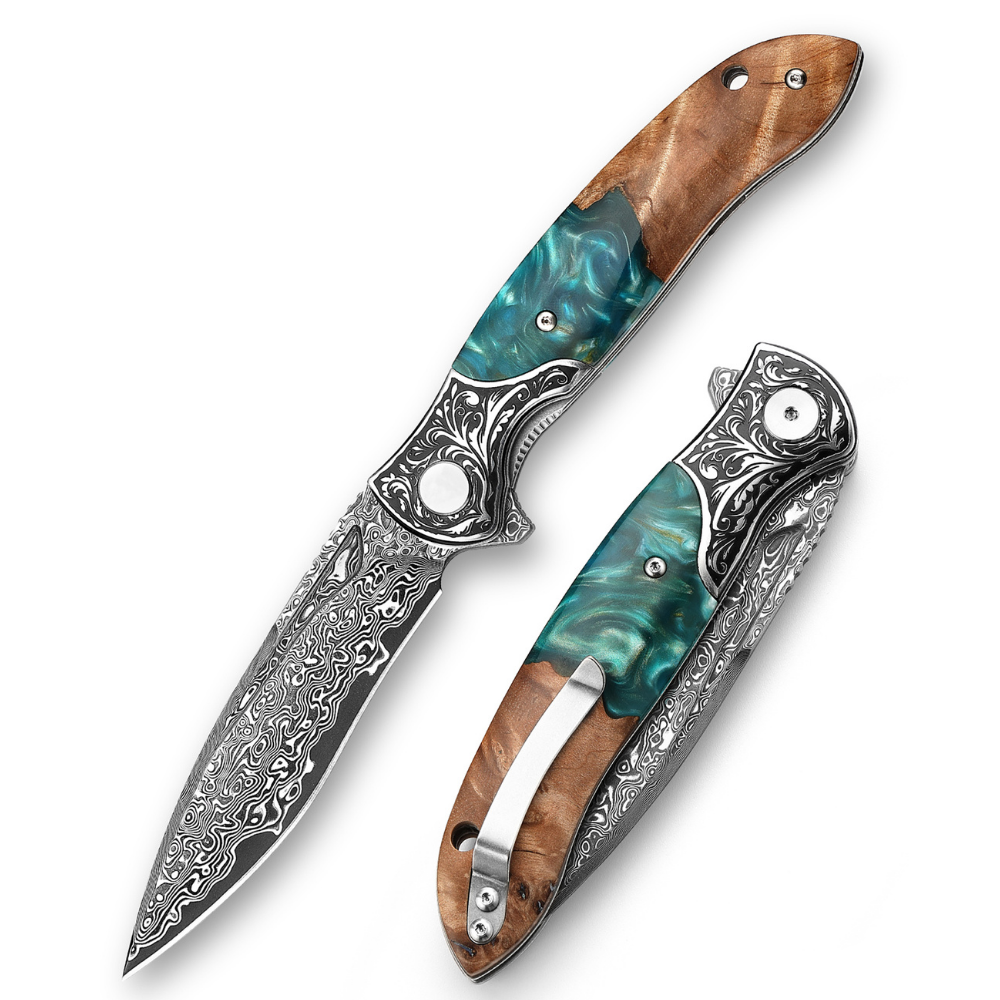
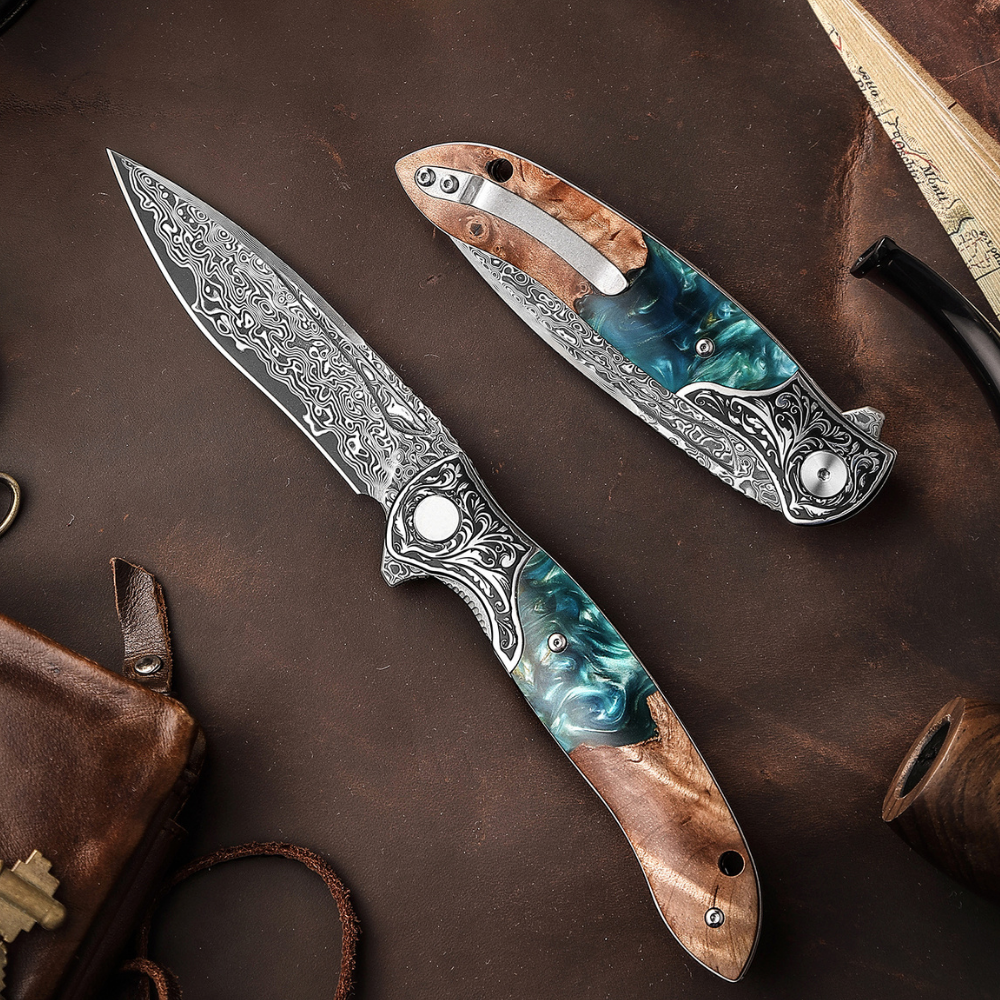
Leave a comment